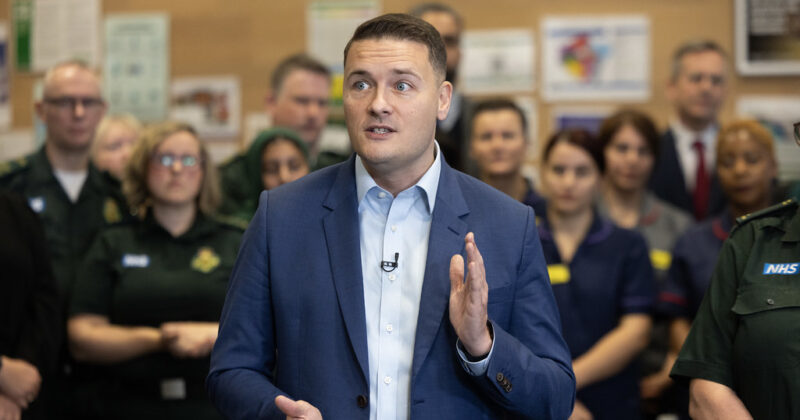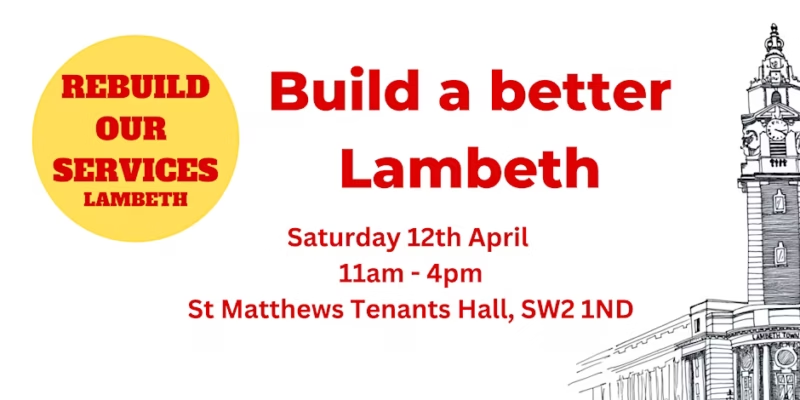TUC: call a general strike!
Union leaders are planning neither to change their strategy nor to lead an effective fight to stop the Tory-Lib Dem cuts at this month’s Trades Union Congress. Rebecca Anderson writes
 Although the coalition has started to privatise the NHS and education, devastated public sector pensions and pay, cut hundreds of thousands of jobs and systematically attacked the most vulnerable in society, the worst is yet to come. At most only 20 per cent of their planned cuts have been made so far.
Although the coalition has started to privatise the NHS and education, devastated public sector pensions and pay, cut hundreds of thousands of jobs and systematically attacked the most vulnerable in society, the worst is yet to come. At most only 20 per cent of their planned cuts have been made so far.
Despite this, the motions to the Congress are vague and non-committal. Not one seeks to make the TUC the organising centre for action and protest that we so desperately need.
The Public and Commercial Services union (PCS) calls on the TUC to “support coordinated strike action against cuts in pensions, pay and jobs this autumn,” while the Prison Officers Association says, “Congress accepts that the trade union movement must continue leading from the front against this uncaring government with a coalition of resistance taking coordinated action where possible with far reaching campaigns including the consideration and practicalities of a general strike.”
Even this, the best motion, does not commit the TUC to actually doing anything. Worse, it implies that it is already “leading from the front” and it only wants “consideration” of a general strike.
Lessons of 2011
Last year’s TUC took place against a background of coordinated action by teaching and civil service unions against pension cuts. A motion was passed that called on the TUC to coordinate and support further action. This could have been the starting point for the kind of action necessary to defeat the government.
Instead the TUC interpreted the decision in the most minimal way possible. It called the one-day strike on 30 November – and then did nothing.
The response showed what was possible – two million workers went on strike and across the country we saw picket lines and mass demonstrations. But almost immediately after this show of strength, the leaders of the Unison and GMB began cutting rotten deals.
Other unions, like the PCS, National Union of Teachers and University and College Union, took a more militant stand but relied on the TUC to lead and failed to call on members of other unions to fight on.
The PCS motion to this year’s Congress shows that no lessons have been learnt. Once again, the call is for the TUC to support co-ordinated action. This would be great of course, but the PCS has no strategy to make it happen, no way to prevent another sell-out.
One-day strikes, separated by months of inactivity, are not enough to beat the government. They can be useful as warning shots that demonstrate the power of the workers. But this is not how union leaders use them. It’s no warning if your enemy knows you are bluffing.
Stopping the cuts
Important as pensions are to the public sector workers affected, last year’s TUC decided to campaign on that issue as an alternative to defending the NHS. Strike action in defence of the NHS would have brought out many millions more because everyone depends on the NHS at some point.
That was precisely why the union leaders opted for the pensions issue. Calling on workers to take action to defend the NHS would have meant defying the anti-union laws. It would have been a political strike and in our supposed democracy that is unlawful.
The decision not to lead a fight for the NHS was a green light for the coalition to press ahead. Already treatment options are being withdrawn on cost grounds and hospitals are threatened with bankruptcy. For all the talk of the labour movement’s commitment to the NHS, the truth is it is being dismantled without a finger lifted in its defence.
What was needed this year was a motion instructing the TUC to call a general strike against all cuts and privatisations. That strike should be called for 22 October, straight after the TUC’s mass demonstration on Saturday 20th. And it should be an all-out strike that does not end until all sections have won.
As it is, even if the best of this year’s motions are passed, we will still be a long way short of what is needed. We should continue to demand that the TUC call a general strike – it is recognised as the leadership by millions of workers, has the constitutional right to call a strike and has the responsibility to defend the working class as a whole.
However, we cannot rely on the TUC. Its leaders would only call a general strike under extreme pressure – we need to build that pressure through anti-cuts committees, rank and file organisations, strike action against specific attacks, and the TUC demonstration on 20 October. This organised resistance could go further than just pressing leaders into action. It could have the potential to organise and control the action itself.
The potential we saw in 2011 still exists. A strike by teaching unions against the pay cap this autumn could lead to another strike like 30 November. This time we need to prepare to stop a sell-out, and to develop a public sector strike against that specific attack into a general strike to stop all the cuts.






